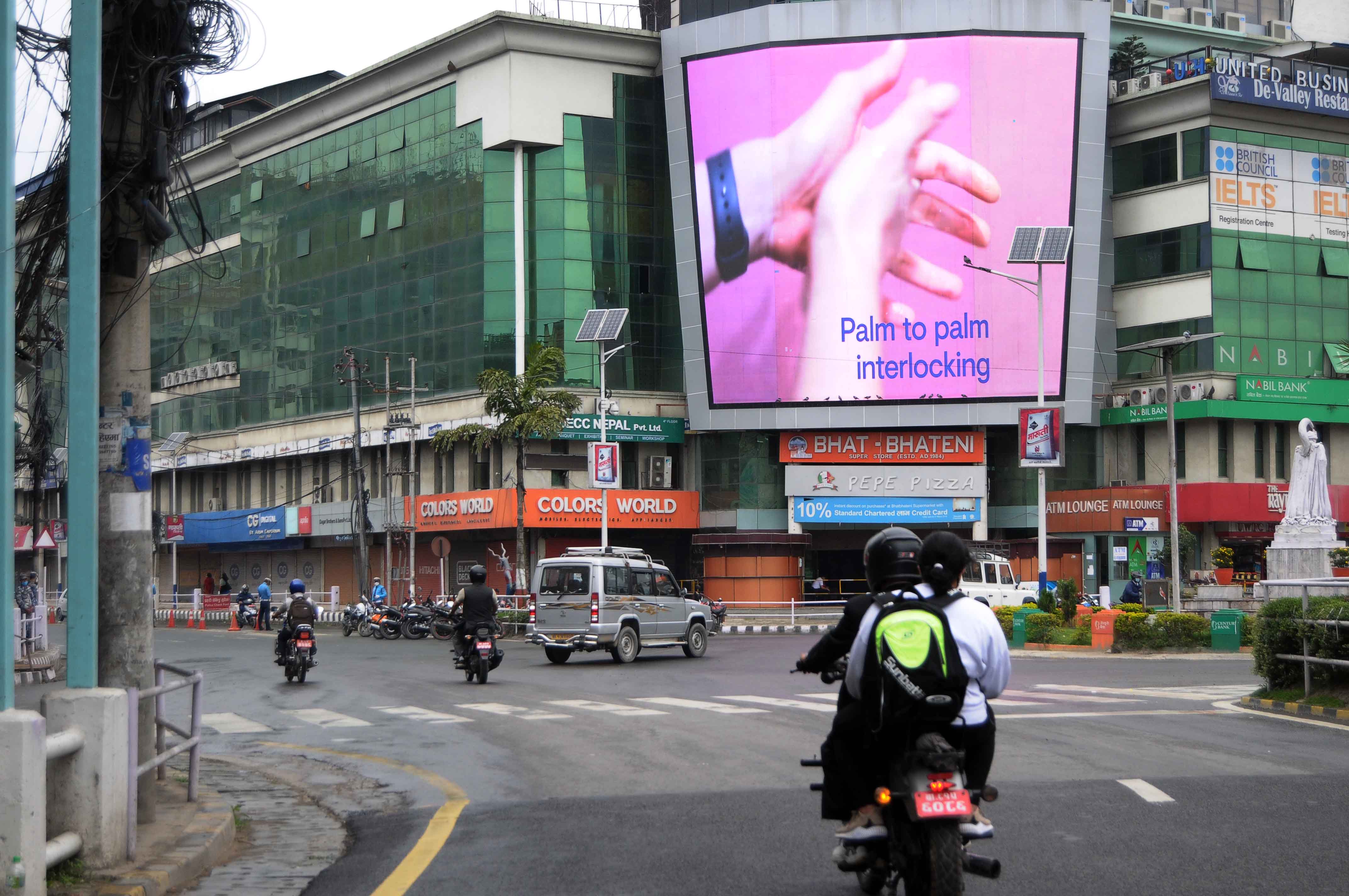Government categorises COVID-hit businesses for loan
Business owners will not be allowed to lay off staff after taking such loans until they pay back the loan
KATHMANDU, NOVEMBER 19
The Ministry of Finance has issued Business Continuation Loan Disbursement Guidelines to provide effective loans for the payment of wages of employees of domestic small and medium enterprises and tourism businesses affected by COVID-19 in order to ensure their continuity.
In accordance with the procedure endorsed by the Cabinet on the proposal of the finance ministry, the government will arrange the necessary amount at Nepal Rastra Bank to provide credit to help give continuity to businesses by providing concessional loans, as per a statement issued by the ministry.
The statement added that the government would open a business operation continuity loan flow research account worth Rs 50 billion. Concessional loans would be provided to domestic small and medium enterprises, and tourism businesses that were affected by the coronavirus crisis and were facing difficulties in operating their businesses.
Loans have been classified into three categories — highly-affected areas, moderately-affected areas and less-affected areas. Highly-affected businesses can avail loans up to Rs 100 million, while moderately-affected businesses can get loans up to Rs 70 million.
Meanwhile, less-affected businesses will be eligible for loans up to Rs 50 million.
According to the guidelines, interest on such loans will be five per cent for the first year of loan issuance and six per cent in the second year. Banks that provide such loans will get two per cent interest rate amount in the first year and three per cent in the second year through the fund.
Applicants for such loans must provide documents proving lack of capital, assurance of continuity of employment of their workers, future plan for the business and a plan detailing how they will repay the loan. The guidelines add that owners will not be allowed to lay off staff after taking such loans until they pay back the loan.
To make certain that the guidelines are implemented effectively, an inspection team chaired by the secretary of the finance ministry will be formed.
The guidelines list tourism industry, aviation sector, parks, recreational businesses, party palaces, movie industry, workers who have lost their jobs inside and outside the country, agriculture sector, education consultancies and foreign employment service providers under the highly-affected areas.
Businesses related to plastic, construction materials, schools, colleges, public vehicles, beauty parlours, salons, hospitals, clinics, nursing homes, fitness centres, cold stores, medicine production businesses, hydropower, and press and media houses have been listed under the moderately-affected areas.
Hydropower projects linked with national transmission, e-commerce businesses, food and beverages production, processing, storage and distribution companies, import firms, petrol pumps, gas and water businesses, medicine distribution, transportation, and bullion businesses have been listed under the less-affected areas.






